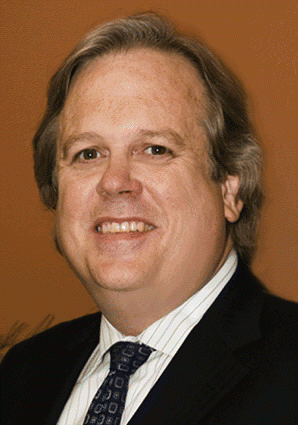One solution at BWH, as well as at most of the other Harvard teaching hospitals, is the recent roll-out of a just in time disclosure coaching team. This approach operates on the assumption that, in the acute period surrounding the event, physicians may be too affected by errors to correctly judge the best approach to take; that effective disclosure and apology are learned skills that physicians may only need to access infrequently; and that disclosure to patients and families is not formulaic. The team is available to staff 24/7 and helps the treatment team plan their approach. Dr. Shapiro emphasized that disclosure is very much an ongoing process, and that expressing concern for the situation does not mean taking the blame. While expressing genuine empathy, physicians also assure the patient and family that a full investigation will be conducted to reveal what happened, that they will stay in communication, and that they will remedy the situation.
Explore This Issue
October 2008A peer support team, run separately, was initially trained by first responders and is now trained by in-house leaders. It is also available for physicians who want to debrief with someone who has had a similar experience. Employee assistance programs can also offer additional confidential counseling support. Harvard hospitals also offer Medically-Induced Trauma Support Services (MITSS) to patients and their families during adverse events situations. Dr. Shapiro said that Anthony Whittemore, MD, Chief Medical Officer of BWH, has been an enthusiastic supporter of the intervention programs for physicians, and that the program works closely with the risk management department.
Mr. Key agreed that such support systems for physicians are vital to the outcome of the disclosure process. We can’t expect doctors to learn the exquisite detail of how to approach families and hone their skills with that along with all the many other things required of them, he said. He often encourages physicians and hospitals caught in unplanned events to involve chaplains, social workers, and others who can help work for a common resolution for the patient’s well-being.
 Nobody wants to envision this situation [an error or preventable adverse event] happening. But if you do enough business over time, even the best designed systems are going to fail-just because everybody is human.
Nobody wants to envision this situation [an error or preventable adverse event] happening. But if you do enough business over time, even the best designed systems are going to fail-just because everybody is human.-Michael E. Clark, JD
Eyes on the Prize
Mr. Boothman believes that UMHS’ approach to transparency may, in the long run, be even more important than its claims management strategy. You cannot get to clinical improvement, and you cannot avoid future mistakes, until you admit you have a problem, he noted. We have all been so afraid of what it will do in the courtroom to admit that we have a problem, that we can’t get off that first step of our 12-step program!
Leave a Reply